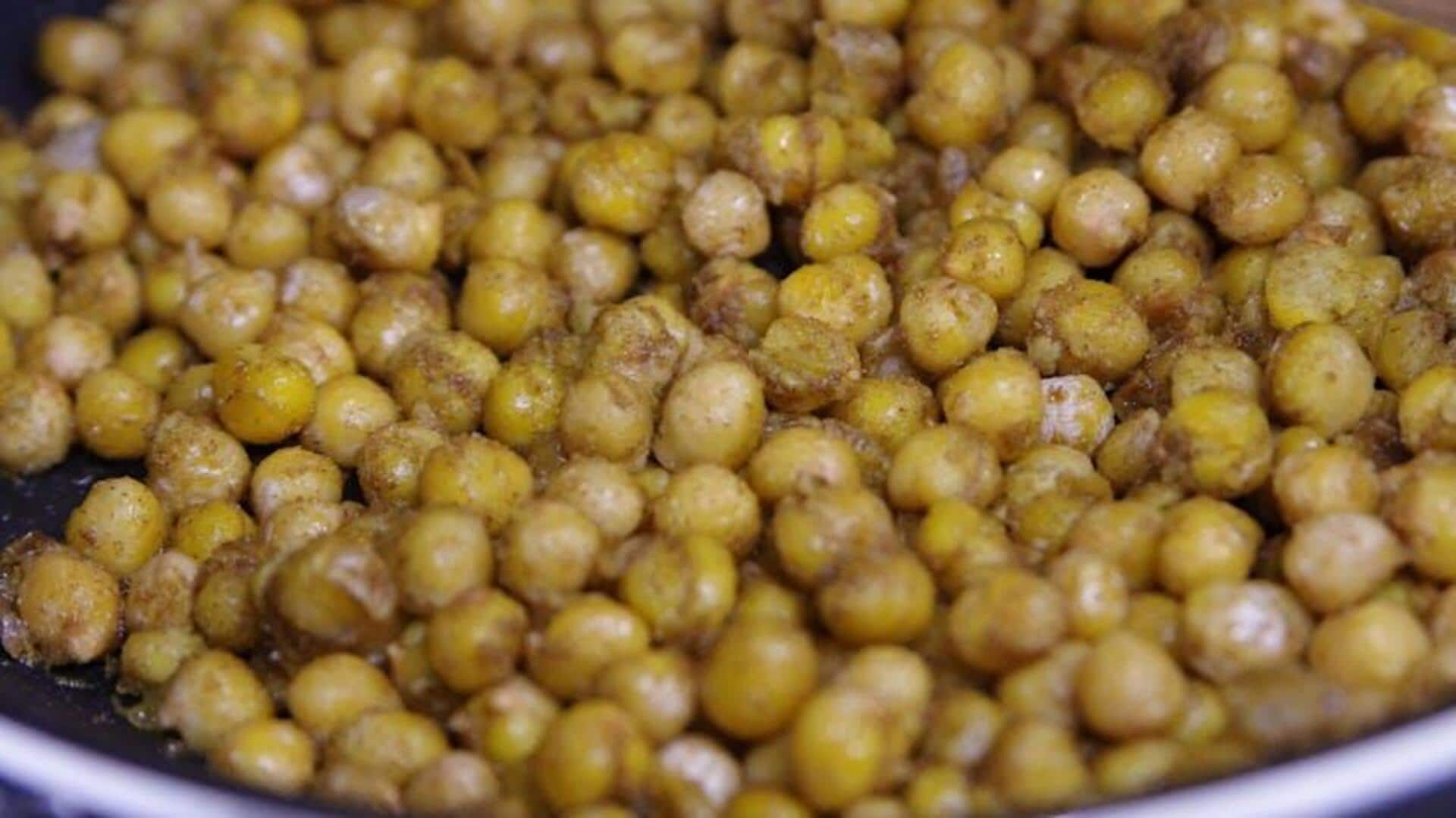
Chickpeas v/s lentils: Which one has more protein and fiber?
What's the story
Chickpeas and lentils are among the most commonly consumed plant-based protein sources and are often compared for their nutritional benefits. Both legumes are rich sources of fiber and protein, making them a staple in vegetarian diets. Knowing how they differ in terms of their nutritional profiles can help you make informed dietary choices. Here's a look at the fiber and protein content of chickpeas and lentils.
#1
Fiber content comparison
Chickpeas have about 7.6 grams of fiber per 100 grams while lentils provide about 7.9 grams for the same serving size. Both are excellent sources of dietary fiber which helps with digestion as well as maintain healthy cholesterol levels. The minor difference in fiber content may not affect daily intake much but could be taken into consideration when planning meals to maximize fiber intake.
#2
Protein powerhouses
Lentils offer around nine grams of protein for 100 grams while chickpeas provide approximately 8.9 grams for the same quantity. Both legumes are packed with essential amino acids required for muscle repair and growth. While the difference is negligible, those looking for higher protein intake might prefer lentils as a slightly more powerful source.
#3
Versatility in cooking
Both chickpeas and lentils are versatile ingredients used in soups, salads, stews, or curries. Their capacity to absorb flavors makes them perfect for different cuisines around the world. Whether mashed into spreads or cooked whole in savory dishes, both legumes offer plenty of opportunities to elevate meals with their unique textures.
Tip 1
Nutritional value beyond fiber and protein
Apart from fiber and protein, chickpeas and lentils are also loaded with nutrients. They contain vitamins and minerals like iron, magnesium, phosphorus, zinc, copper, manganese, folate, vitamin B6, thiamine, riboflavin, niacin, pantothenic acid, choline, betaine, vitamin E, vitamin K, calcium, potassium, sodium, and selenium. Both provide complete nutrition without compromising on taste or versatility.